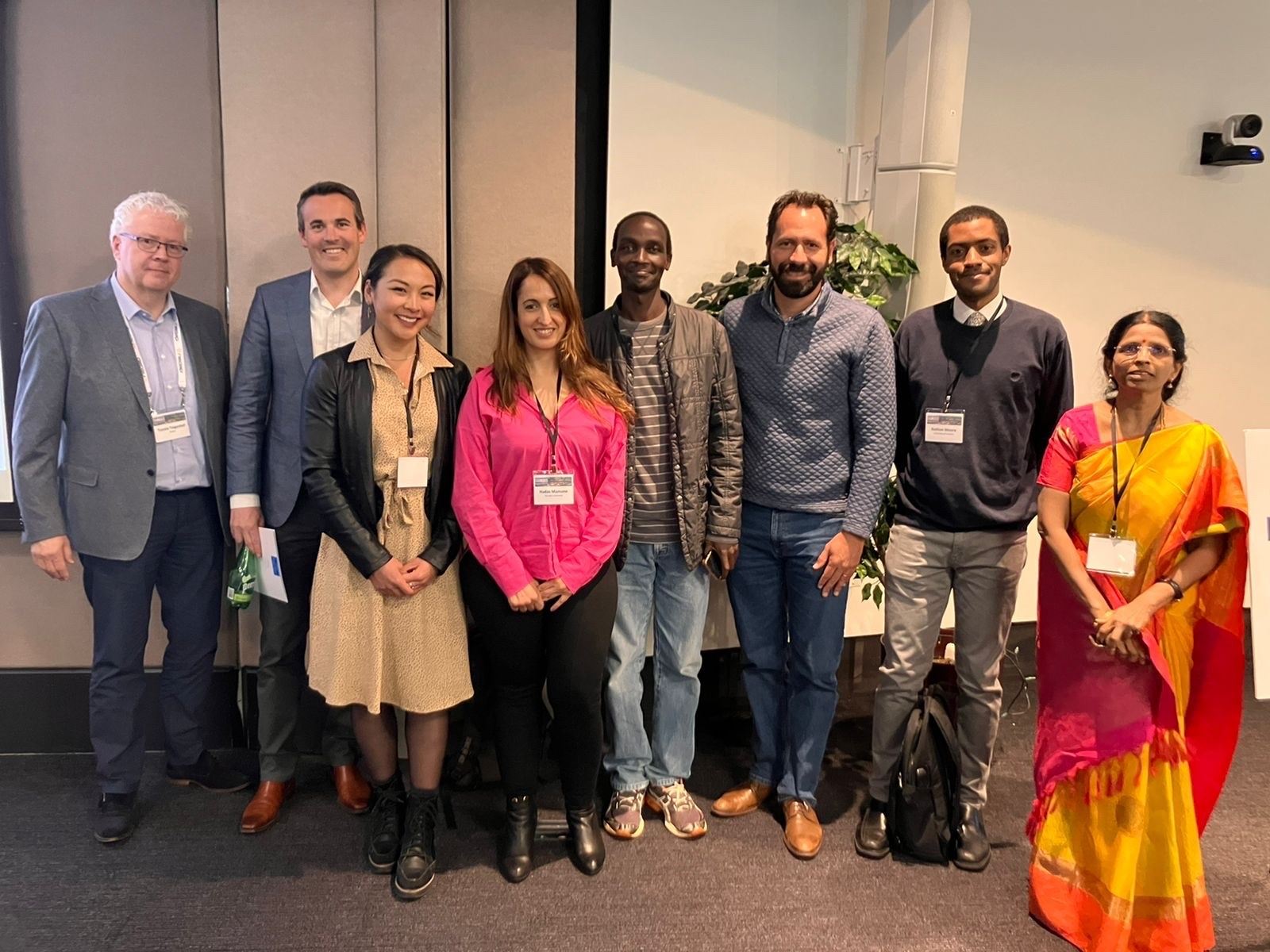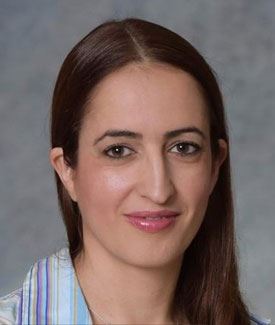Advancing the sciences, engineering & applications of ultraviolet technologies to enhance the quality of human life & to protect the environment. |
UN Sustainable Development Goals Task Force
 Applications in Low-Income Communities Panel at the 2022 IUVA Research Innovation Symposium Nonprofit Aims to Develop Safe Water Initiatives with UV Technology Chevy Chase, MD (September 30, 2021) The International Ultraviolet Association (IUVA) Board of Directors has approved the creation of a new task force to help advance the UN Sustainable Development Goals, with the objective of providing support to projects that include the use of UV technology to protect public health and the environment in low- and middle-income settings. “Access to clean water, sanitation, and a safe environment are essential to human health and well-being,” says Nathan Moore, leader of the IUVA Task Force, from the University of Toronto. “Yet, billions of people still do not have access to these basic services--the UN Sustainable Development Goals call for bold and transformative steps to address these issues, and our new IUVA Task Force aims to align with these goals.” IUVA Task Force activities will include water technology reviews, surveying local contacts and households, and arranging meetings and webinars with stakeholders at the national, organizational, and community/household level. The Task Force plans to develop a white paper detailing opportunities and challenges for UV to address the UN SDGs and propose a path forward for the IUVA. “Our Task Force will work to develop an understanding of the use of UV in low- and middle-income settings as well as how the IUVA can best support its implementation moving forward,” says Hadas Mamane, a professor at Tel Aviv University and a member of the IUVA Executive Operating Committee. “While UV technologies are applicable to several SDG areas and contexts, the Task Force will initially focus on UV for improving clean water access in selected locations around the world where IUVA members are already active." "Several initiatives by NGOs, academics and private companies are already underway to develop safe water with UV for underserved communities," says Ron Hofmann, President of IUVA, and a professor at the University of Toronto. "Our aim is to foster the sharing of data and information to advance these efforts, to create new opportunities, and to help expedite access to clean water for those in need. | 
Hadas Mamane 
Nathan Moore |
While all are welcome to join us, our group would especially like to to hear from those in underserved areas about their experiences and challenges with using and providing safe drinking water--including scientists, NGOs, companies, local authorities, and interested citizens. Please contact us at info@iuva.org.
Resources
Advancing UV Water Treatment for the UN SDGsWORKSHOP REPORT 2023 At the International UV Association World Congress in 2023, the IUVA SDG Task Force convened a workshop focusing on ultraviolet (UV) disinfection for water treatment in low-to-middle income, humanitarian, and rural settings worldwide. This session was a deep dive into the challenges of implementing UV systems and alignment with the United Nations Sustainable Development Goals (SDGs), particularly SDG 6: Clean Water and Sanitation. Participants, representing academia, industry, policy, and field implementation, engaged in discussions across four thematic areas: operations and maintenance, system specifications, critical control points, and user communication and engagement. This report summarizes the outcomes of that workshop, mapping out challenges and proposing a series of initiatives to galvanize the IUVA membership and maintain a commitment to advancing UV disinfection solutions worldwide. |
The IUVA UN Sustainable Development Goals (SDG) Task Force collected a selection of case studies to highlight the wide range of UV disinfection systems being implemented for decentralized water treatment in low- to middle-income, humanitarian, and rural settings around the world. The case studies cover a wide range of projects in multiple scales and types, including schools, hospitals, communities, households, healthcare facilities, etc., across four continents – Asia, Africa, Oceania, and North America. Moreover, it demonstrates the utilization of a variety of UV-based systems with different specifications of flow rates and energy sources, addressing different water sources and social environments including manually collected and streamed water from wells, groundwater, rainwater, rivers, storage tanks, and more. Focusing on the background objectives and motivations, UV technology specifications, and most importantly, the outcomes and lessons learned, we share these case studies to serve as a resource for engineers, practitioners, researchers, decision makers, and to expand public knowledge and to promote and help additional projects around the world.


